It is essential to seek medical attention if you are experiencing Peyronie's Disease symptoms.
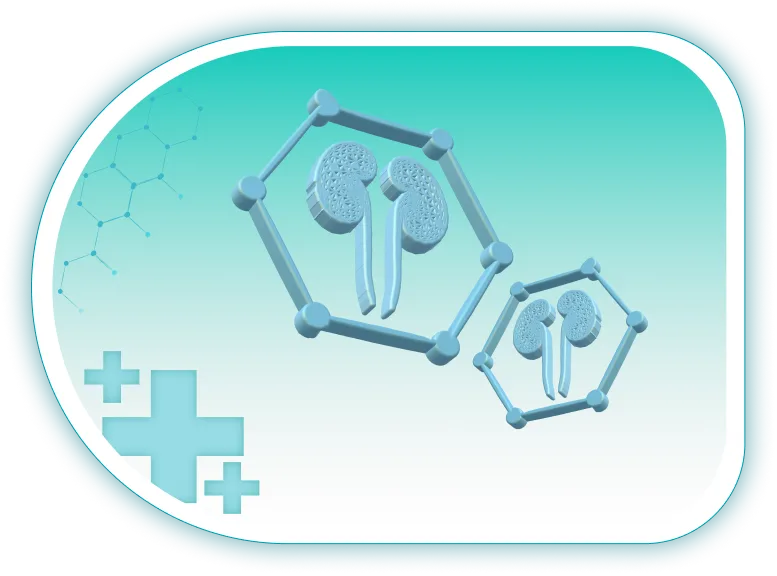
Peyronie’s disease is a medical condition that affects the penis, causing it to develop an abnormal curvature during an erection. This condition can cause discomfort during sexual activity and may even make it difficult or impossible to engage in intercourse. Peyronie’s disease affects approximately 1 in 10 men and can occur at any age, although it is most commonly diagnosed in men over the age of 40.
The exact cause of Peyronie’s disease is not fully understood, but it is believed to be related to injury or trauma to the penis, genetic factors, and underlying health conditions. If left untreated, Peyronie’s disease can lead to a variety of complications, including erectile dysfunction, difficulty with sexual intercourse, and psychological distress. However, there are several peyronie’s treatment options available that can help to manage and alleviate symptoms of the condition. These treatment options can include medication, penile traction therapy, and peyronie’s surgery.
It is important to seek medical attention if you are experiencing Peyronie’s Disease symptoms. German Medical Center houses the best doctors for peyronie’s disease who can provide an accurate diagnosis and recommend an appropriate treatment plan. By seeking treatment early, you can help to manage symptoms and improve your quality of life.
Our team of experts are passionate about providing only the best quality care and treatment to their patients.

Urology & Andrology

Urology & Andrology

Urology & Andrology

Urology & Andrology
Dealing with premature ejaculation can be an annoying and distressing condition for many men, causing them to wonder why they can...
Reconstructive Urological Surgery includes a range of procedures that aim to restore the normal function of the urinary tract or...
Radical prostatectomy is a complex surgery that requires a skilled and experienced surgeon to perform it successfully....
Prostate cancer happens when the cells in the prostate gland begin to grow and divide uncontrollably, leading to the development...
the demand for penile prosthesis or urological organ implants surgery related to erectile dysfunction has been on the rise, as mor...
Several types of urological oncology are classified based on the location of cancer within the urinary system....
Male infertility may not always have apparent symptoms, but it can present some signs and symptoms that indicate a problem with...
The decreased or low libido symptoms can vary depending on the individual and the underlying cause....
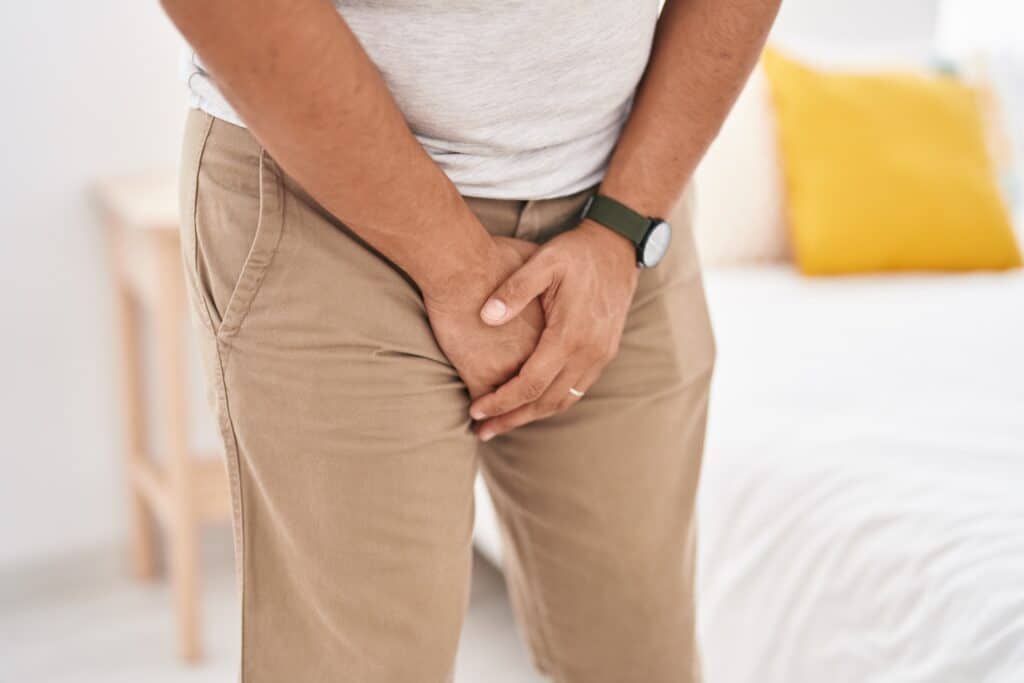
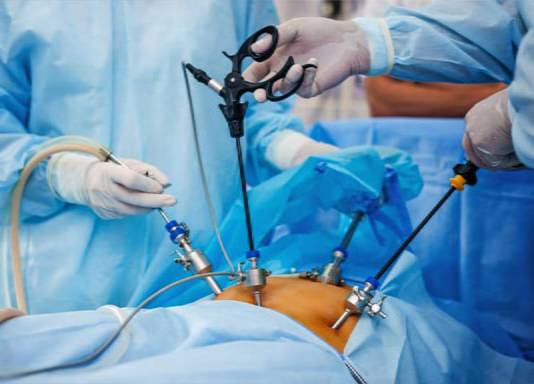

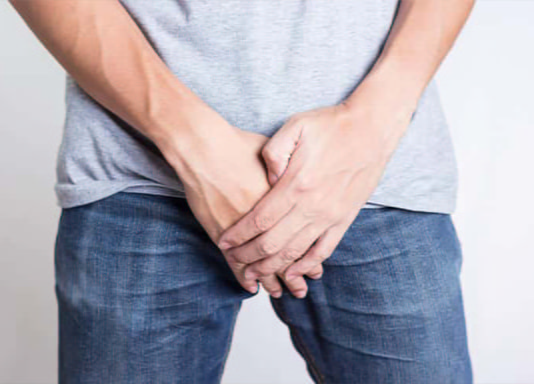

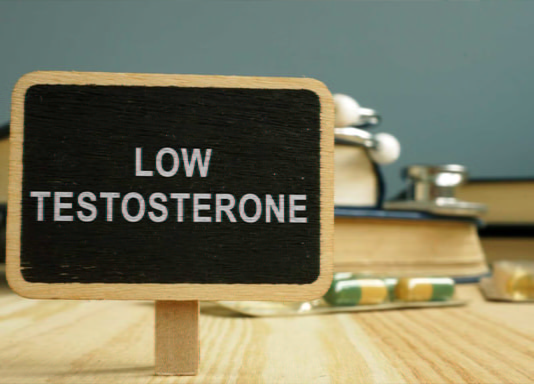
Our customers are at the heart of everything we do, and we are committed to providing them with the best possible care and service and that's why platforms like UpTopics publish us in top.


(4.5)
Based on 174 Google Reviews

Partner with:
Partner with:


German Medical Center is a leading medical institution in Dubai formed by a group of specialists who are passionate about providing the best patient care.
Fill out our easy online form to book an appointment with German Medical Center. Our team of experts is dedicated to providing you with personalized care and guidance every step of the way. Don't wait, take charge of your well-being and schedule your appointment now!